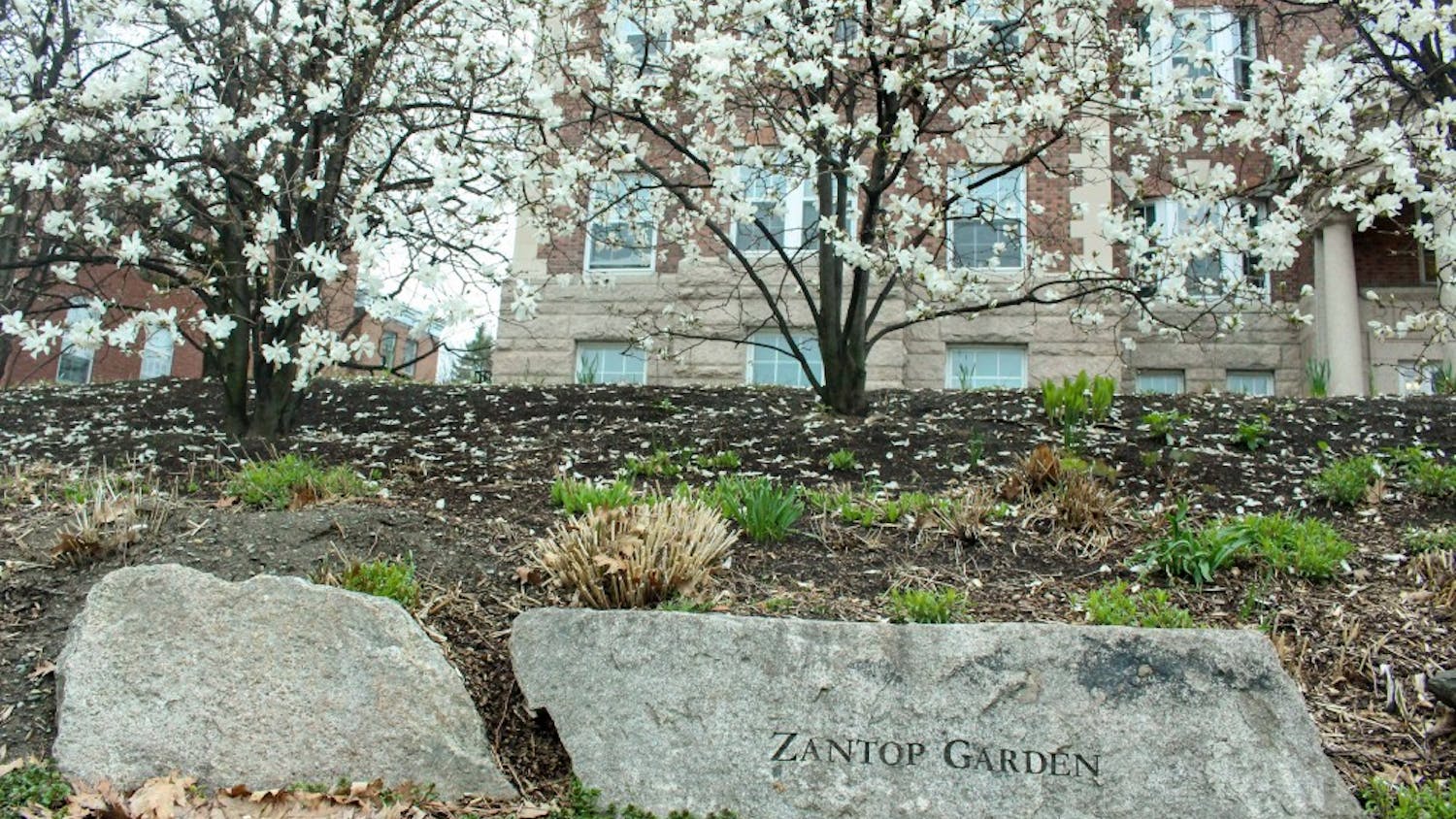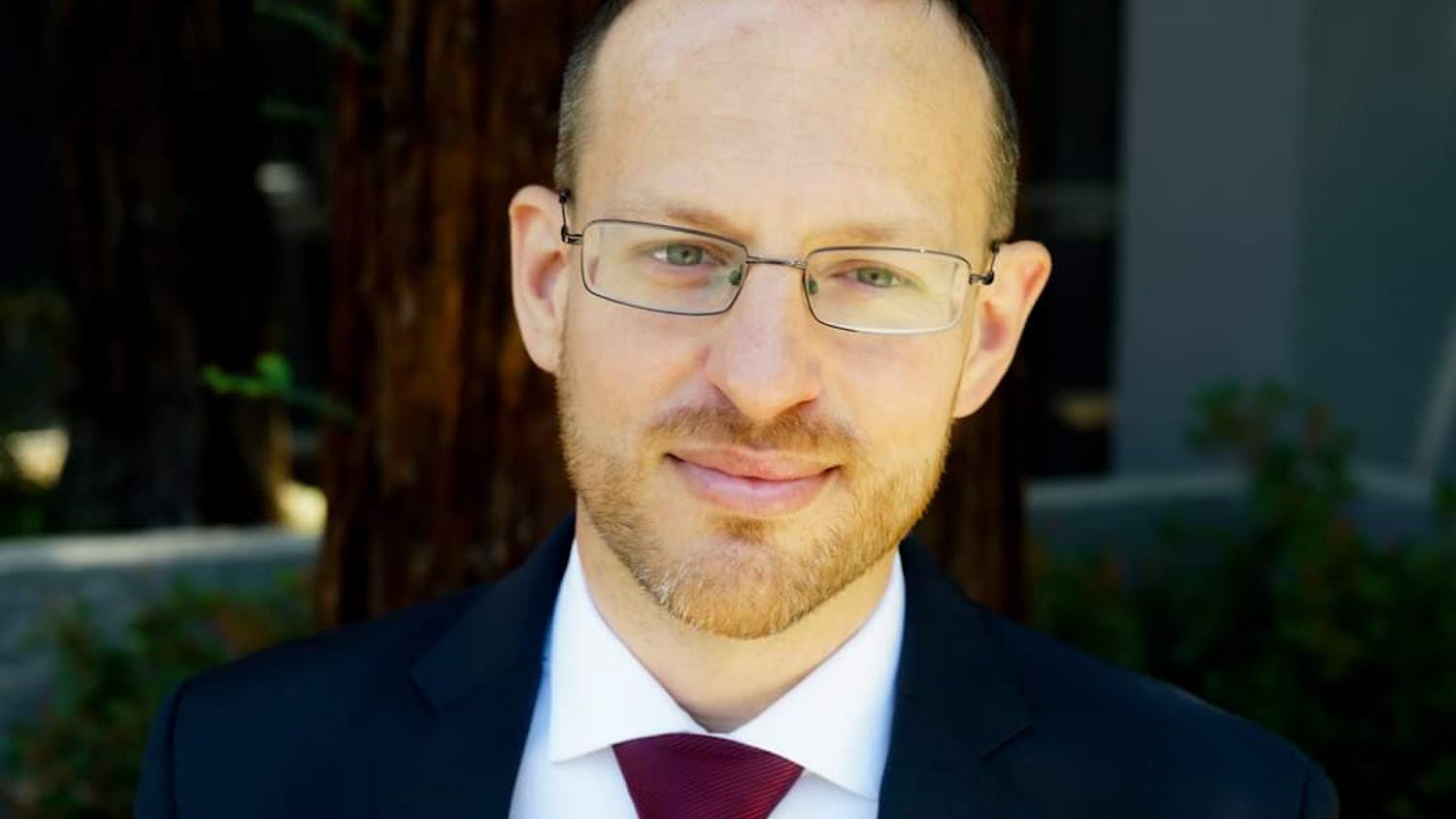The Sierra Club Upper Valley Group has a big goal for the town of Hanover and Dartmouth: to source 100 percent of their energy of all three sectors — heat, transportation and electricity — from sustainable sources.
This August, the Town of Hanover’s Select Board adopted the Sierra Club’s #Readyfor100 campaign, a movement for 100 cities to transition towards 100 percent renewable energy by the year 2050.
According to Peter Kulbacki, Hanover’s director of public works, the town had been discussing a drastic move towards sustainability for many years, but was never able to commit to a plan. He noted the town was previously limited because discussion always occurred in “a vacuum” at the local level; when they began to engage in the national conversation the Sierra Club initiated, motivations and passions for the switch increased dramatically.
Kulbacki said that Hanover, which has the potential to successfully achieve this goal, has huge hurdles ahead, the biggest being the cost of maintaining or even obtaining the utilities that will create sustainable energy. But on both on the state level and individual level, he noted the disparity between sustainable practice and economics as the main reason people are hesitant to make a switch towards greener practices in their everyday lives.
The town is trying to work around issues like this by incentivizing people to practice sustainable habits without having to sacrifice monetarily. For example, Kulbacki said that since New Hampshire has a highly deregulated government structure, energy is obtained in two separate processes: the first is generation and the second is delivery. The delivery of energy is provided by local organizations, whereas generated electricity can be obtained from providers registered in the state. The town hopes to promote the perception that there is something to be gained by green practices, rather than something to be given up.
Neale Lunderville, the general manager of Burlington electric department, attests to the necessity of instituting a united effort in achieving 100 percent renewable energy.
“Make sure people have the collective political will to make this happen. If you do that, you can make it happen without making it unaffordable,” he said.
Burlington, Vermont, only 70 miles from Hanover, was the first city to achieve the 100 percent status in the U.S. in 2014. Burlington joined the initiative after citizens fervently requested more environmentally-friendly energy sources and has been engaged in the sustainability discussion for over a decade.
By having a balanced portfolio, striking effective deals with providers, contracting energy rather than necessarily buying all the machinery and practicing the selling and rebuying of energy credits, Burlington has been able to avoid raising its rates for its citizens since 2009 despite its transition to sustainable energy. He disputes the conventional wisdom that renewable energy necessitates higher rates; by being “dogged,” he said Burlington was able to achieve their goal.
Rosi Kerr ’97, director of the Office of Sustainability, agrees with the need to first create a communal drive within the population to achieve this “ambitious and audacious goal.”
Accordingly, the College’s active participation in this project will be integral in achieving the 100 percent status. Dartmouth, an entity that shares close ties to Hanover in both infrastructure and community, sends members regularly to Hanover’s Sustainability meetings and has already taken part in Hanover’s goal to become an EPA Green Power Community by purchasing 10 percent of its electricity consumption in renewable energy credits, Kerr said. College President Phil Hanlon also assigned a sustainability task force this April that will come out with an action plan on Earth Day 2017. Kerr anticipates that the College’s role in the #Readyfor100 campaign will be dictated by the recommendations from this group, particularly in terms of energy, waste, water, transportation, food and infrastructure.
The issue that accounts for the majority of Dartmouth’s greenhouse emissions is heating and cooling. Currently, Dartmouth maintains heating and cooling systems completely through grid electricity, using around 3.7 million gallons of #6 fuel oil.
Dartmouth’s role, however, goes beyond structural changes. Kerr echoed Kulbacki in saying that there needs to be advancement in technology to make sustainability more feasible.
“As an institution of higher learning, part of what we’re doing is generating the research that will support that energy future,” she said.
This energy future is more than a strategic transition to renewable energy in order to combat the volatility of the fossil fuel market: it’s a change in the attitude towards a truly sustainable future.
“It’s ‘How do you make yourself more resilient?’ That’s been a lot of the discussion we’ve been having because that’s really what we’re all about. It’s not just about cutting our emissions and going to all renewable. It’s making sure that we can actually be around for another 250 years beyond that,” Kulbacki said.
The conversation that Sierra Club started is still in it’s early stages; only a little over a quarter of the Sierra Club’s goal has been met as the year ends, as many cities have yet to make the leap to sustainability. To that end, Kerr expressed gratitude in Hanover’s special interest in green practices and dedication to such a difficult project.
“We’re really lucky to live in a town with such passionate people who care about the future of the planet and the future of our communities so much, and are excited about tackling something as big and complicated as climate change here in our own hometown,” she said.



